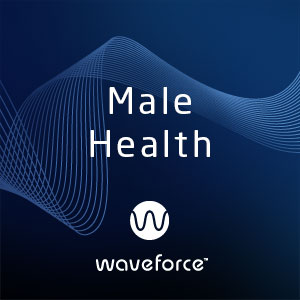This Is How Cancer Spreads And What causes It
What is cancer?
Cancer happens when cells become abnormal and grow, multiply and spread out of control. Normal body cells grow and divide and know to stop growing. Over time, they also die. Unlike these normal cells, cancer cells just continue to grow and divide out of control and don’t die when they’re supposed to. Cancer cells usually group or clump together to form tumors.A growing tumor becomes a lump of cancer cells that can destroy the normal cells around the tumor and damage the body’s healthy tissues. Sometimes cancer cells break away from the original tumor and travel to other areas of the body, where they keep growing and can go on to form new tumors. This is how cancer spreads. The spread of a new place in the body is called metastasis.
What causes cancer?
There are about 200 different type of cancer. They can start in any type of body tissue. Although we probably inherit faulty genes that trigger normal cells developing to cancerous cells, most cancers are primarily the result of changes that humans have made to our environment – what we eat, drink and breathe. However, of all risk factors diet is the greatest. In the space of two generations, we have invested ten million new chemicals and unwittingly released thousands of them into our environment.The contaminants eventually enter the human food chain and either cause cancer or accelerate its growth. What’s more, our foods have ‘evolved’ from natural product direct out of the soil to highly processed version that could hardly be recognized years ago. No matter how extensively genetic factors and environmental factors contribute the occurrence of cancer; one of three things could be the underlying cause in many types of cancer:
1. Free radical damage to the DNA of cells, triggering their altered behavior. Risk factors such as smoking and radiation encourage free radical activity, while a good intake of antioxidant nutrients from fruit, vegetables and also antioxidant supplements provides a measure of protection.
2. Over-exposure to hormone disrupting chemicals in food and water. Eating a diet low in hormone-disrupting chemicals and high in ‘dietary estrogens’ is another important protection factor, especially for hormonal cancers such as breast and prostrate.
3. Poor methylation, resulting in high homocysteine and increased damage to DNA. The solution to this is more B vitamins.

